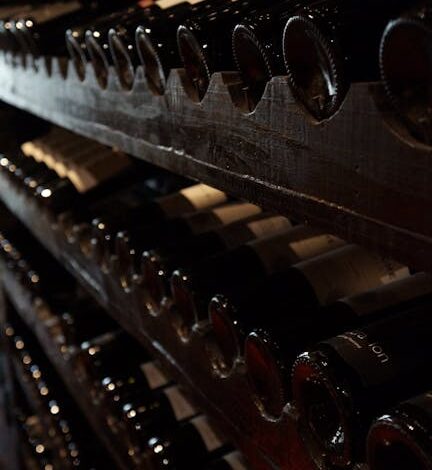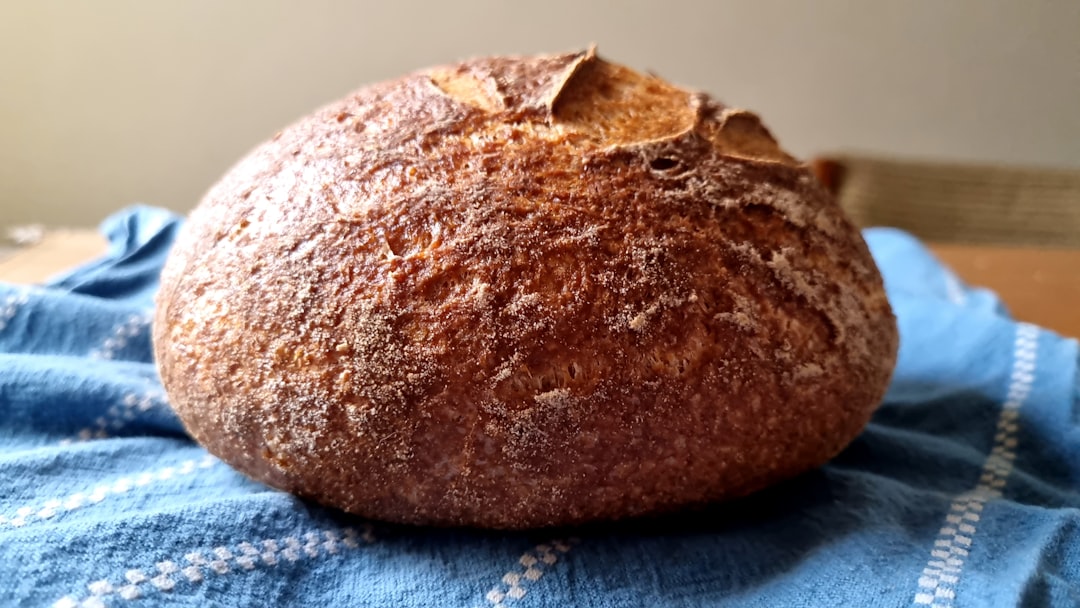Best Gluten Free Wine

Navigating the world of gluten-free living can sometimes feel like a minefield, especially when it comes to enjoying your favorite drinks. Wine is often a go-to choice for those with gluten sensitivities, but is it truly gluten-free? The good news is that most wines are naturally gluten-free. However, certain practices during the winemaking process can introduce gluten. Let’s uncork the details and explore how to choose the best gluten-free wine.

Is Wine Gluten-Free? Understanding the Basics
In its purest form, wine is made from grapes, yeast, and sometimes sulfites as a preservative. None of these ingredients naturally contain gluten. Gluten is a protein found in wheat, barley, and rye. So, how could gluten possibly end up in your wine glass?
The risk of gluten contamination in wine comes primarily from two sources: the use of wheat paste to seal barrels and the fining process.
Potential Sources of Gluten in Wine
Barrel Sealing: Traditionally, some winemakers used a paste made from wheat flour to seal the oak barrels used for aging wine. This was done to ensure a tight seal and prevent leakage. Fortunately, this practice is becoming less common, with many wineries opting for alternative sealing methods like beeswax or synthetic materials.
Fining Agents: Fining is a process used to clarify wine, removing unwanted particles and improving its clarity and stability. Some fining agents, such as casein (milk protein), egg whites (albumin), or isinglass (fish bladder), are animal-derived and naturally gluten-free. However, occasionally, winemakers may use fining agents that contain gluten. This is less common, but it’s still a potential concern.
How to Choose Gluten-Free Wine: Tips and Tricks
Here’s how to ensure your wine selection is safe for a gluten-free diet:
Look for Gluten-Free Labels: While it’s not mandatory, some wineries voluntarily label their wines as “gluten-free.” This indicates that they have taken measures to ensure the wine contains less than 20 parts per million (ppm) of gluten, which is the threshold considered safe for people with celiac disease.
Contact the Winery: If you’re unsure, don’t hesitate to contact the winery directly. Most wineries are happy to answer questions about their production methods and whether they use any gluten-containing ingredients.
Choose Wines from Reputable Producers: Larger, more established wineries are often more transparent about their processes and more likely to use modern, gluten-free techniques. Researching the winery can give you peace of mind.
Opt for Wines that Are Unfined and Unfiltered: Wines that haven’t been fined or filtered are less likely to have come into contact with any fining agents, reducing the risk of gluten contamination. These wines may appear slightly cloudier, but they are perfectly safe to drink and often have a more complex flavor profile.
Consider Vegan Wines: Vegan wines, by definition, cannot use any animal-derived fining agents. Therefore, they are generally a safe bet for those avoiding gluten, as the common alternatives (like bentonite clay) are gluten-free.
Popular Types of Wine That Are Typically Gluten-Free
In general, most wines are naturally gluten-free because the primary ingredients – grapes, yeast, and sulfites – do not contain gluten. Here are a few popular types of wine that are generally considered safe for those following a gluten-free diet:
Red Wines: Cabernet Sauvignon, Merlot, Pinot Noir, Malbec, and Shiraz are usually safe choices. These wines are often aged in oak barrels, but most wineries use gluten-free sealing methods these days.
White Wines: Sauvignon Blanc, Chardonnay, Pinot Grigio, and Riesling are typically gluten-free. As with red wines, be mindful of potential fining agents, but the risk is generally low.
Rosé Wines: Rosé wines, made from red grapes but with shorter skin contact, are also usually gluten-free.
Sparkling Wines: Champagne, Prosecco, and other sparkling wines are generally safe, but it’s always a good idea to check with the producer if you have concerns.
Gluten-Free Wine Alternatives
If you’re still concerned about potential gluten contamination in wine, there are other gluten-free alcoholic beverage options available:
Gluten-Free Beer: Many breweries now produce beers specifically made with gluten-free grains like sorghum, rice, or millet.
Cider: Hard cider is made from apples and is naturally gluten-free.
Spirits: Most distilled spirits, like vodka, gin, rum, and tequila, are gluten-free, even if they are made from gluten-containing grains. The distillation process removes the gluten protein. However, be cautious of flavored spirits, as some flavorings may contain gluten.
Frequently Asked Questions (FAQ)
Does the Alcohol Content of Wine Affect Its Gluten Content?
No, the alcohol content of wine has no bearing on its gluten content. The potential for gluten contamination comes from barrel sealing or fining agents, not from the fermentation process or the resulting alcohol level.
Can I Trust a Wine That Doesn’t Have a Gluten-Free Label?
While a gluten-free label provides extra assurance, the absence of a label doesn’t necessarily mean the wine contains gluten. Many wineries simply don’t go through the process of certification or labeling. Contacting the winery directly is the best way to be certain.
Are Organic and Biodynamic Wines More Likely to Be Gluten-Free?
Organic and biodynamic certifications focus on farming practices and the use of pesticides and herbicides. While these practices often align with minimal intervention winemaking (which may mean fewer fining agents), they don’t guarantee that a wine is gluten-free. Always check with the producer or look for a gluten-free label.
I Have Celiac Disease. How Careful Do I Need to Be?
If you have celiac disease, it’s essential to be extra cautious. Look for certified gluten-free wines, contact the winery directly, and consider opting for unfined and unfiltered wines. Even trace amounts of gluten can trigger a reaction in those with celiac disease.
Enjoying a glass of wine can be a simple pleasure, even when following a gluten-free diet. By understanding the potential sources of gluten in wine and taking a few simple precautions, you can confidently choose wines that are safe and delicious. Cheers to gluten-free living!
Related Posts
| Best Gluten-Free Wine Brands |



